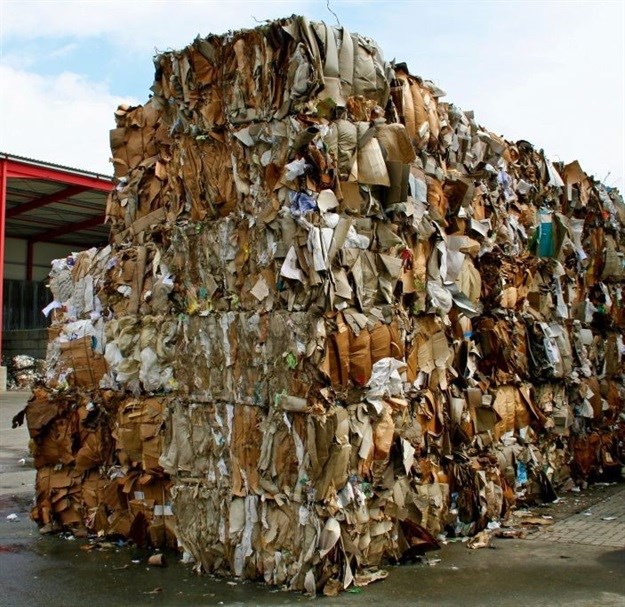
Top stories






More news


Marketing & Media
Ads are coming to AI. Does that really have to be such a bad thing?














This means that not only are we putting pressure on the country’s waste management resources, but so too is a high volume of valuable material being reduced to waste – where other opportunities may exist for these streams accordingly.
These statistics present a clear case for waste into 2018 – a diversion from landfill, a focus on alternative uses and revenue streams, and a commitment to adhering to legislative frameworks. However, this is going to mean a commitment from both corporate South Africa as well as each and every South African.
Let’s take a look at what we believe will define waste management into 2018:
It has been noted that only about 10% of waste collected in South Africa is effectively recycled. This poses a serious threat to the waste management sector and states the case that 2018 needs to be very much focused towards not only recycling, but finding ways to reuse such recycled materials for the betterment of the industry and communities at large.
Imagine a world where every household recycled their daily waste, the onus on corporate waste management companies to maintain and operate landfill sites would be much more diluted – where the core role would be identifying innovative ways in which to repurpose such waste instead. Therefore, in 2018 consumers themselves will have a critical role to play – not only by being socially responsible themselves, but in supporting South African waste management organisations to reduce reliance on landfill and find alternative solutions.
It has been noted that South Africa is aiming to reach a target of 20% waste division by 2019. This means that sound and sustainable innovations would need to be sought by local companies, to ensure they are not only compliant and support governments objectives of reaching such targets, but very importantly, that they are able to use such waste as revenue generators.
Therefore, 2018 will be a key year for innovation in this space, focused specifically towards key areas including:
The Department of Environmental Affairs announced a new set of waste classification and management regulations which came into effect in August 2017 – aimed at prohibiting hazardous waste, with a calorific value greater than 25MJ/kg, from landfill sites. This legislation has challenged businesses who produce this type of waste to find innovative ways to repurpose it into a secondary product and will be a key driver into 2018, where more and more businesses will need to adopt stronger compliance practices.
For us, this meant developing a blending platform to produce waste derived fuel (WDF) – an environmentally sound solution for such hazardous waste which is not only expensive to dispose of usually, but toxic if not managed correctly. Through this, corporates are not only able to recycle their waste, but also to derive value from it – be it via additional revenue or encouraging less reliance on fossil fuels – where this fuel is used as a replacement for coal.
While nuclear power is all the talk in South Africa these days, there are other very viable solutions in this space – solutions where waste can form a central component. Think of the benefits of 500-tonnes of waste being converted to 12.6-megawatts of energy – reducing reliance on landfill and helping solve South Africa’s energy crisis? If we consider that by 2050 the country’s energy needs will be more than double, then alternative solutions are critical in meeting demand. Using waste will ensure that we not only assist in reducing energy pressures, but that waste to landfill reliance is reduced substantially.
South Africa is well ahead in terms of waste management legislation – given that the market is still maturing in this space and that legislation is therefore more ‘fresh’ and relevant to today’s environment. In fact, 2017 has seen some strong movements in this space – ones that will start impacting innovation in waste management, either at producer or waste management level into 2018.
A key legislative change this year is the National Pricing Strategy for Waste Management (NPSWM), which aims at creating a framework for waste management fees in South Africa. The longer waste management pricing is un-mandated, the more reliant South Africans will be on landfill – which is counterproductive to the country’s goals. Therefore, driving set pricing will start forcing alternative solutions to be developed - those that are most cost effective in the long run and that offer better, non-landfill, waste disposal options while providing revenue generating opportunities for waste generators.
The waste sector locally is undoubtedly one of the fastest growing sectors, with global best practice becoming ever more prevalent. And so, while our economy may not be growing as fast as we would like, the waste streams are, and so it is now – more than ever – that we need to be innovative by understanding key challenges and addressing them through business-viable, effective solutions that make a real difference, not just to business sustainability, but to profitability too.
